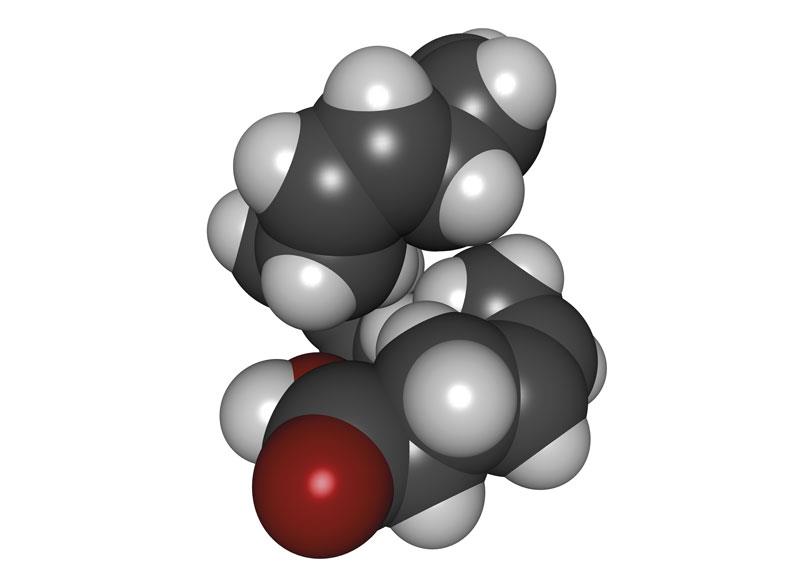
Higher intake of dietary linoleic acid (LA) leads to a modest reduction in the risk of mortality from all causes, cardiovascular disease (CVD), and cancer, according to a systematic review and meta-analysis of prospective cohort studies.
The investigators performed a comprehensive search of Medline and Embase databases through 31 July 2019 for prospective cohort studies reporting associations between LA (assessed by dietary surveys or LA concentrations in adipose tissue or blood compartments) and mortality from all causes, CVD, and cancer. Random-effects meta-analysis was used to pool multivariable-adjusted relative risks (RRs).
Thirty-eight studies were identified, with a total of 44 prospective cohorts including 811,069 participants with dietary intake assessment (170,076 all-cause, 50,786 CVD, and 59,684 cancer deaths) and 65,411 with biomarker measurements (9,758 all-cause, 6,492 CVD, and 1,719 cancer deaths).
Comparing high vs low categories of dietary LA intake, the pooled RRs were 0.87 (95 percent confidence interval [CI], 0.81–0.94; I2, 67.9 percent) for total mortality, 0.87 (95 percent CI, 0.82–0.92; I2, 3.7 percent) for CVD mortality, and 0.89 (95 percent CI, 0.85–0.93; I2, 0 percent) for cancer mortality.
For each standard deviation increase in LA concentrations in adipose tissue/blood compartments, the pooled RRs for total mortality, CVD mortality, and cancer mortality were 0.91 (95 percent CI, 0.87–0.95; I2, 64.1 percent), 0.89 (95 percent CI, 0.85–0.94; I2, 28.9 percent), and 0.91 (95 percent CI, 0.84–0.98; I2, 26.3 percent), respectively.
Baseline age and dietary assessment methods were potential sources of heterogeneity for the association between LA and total mortality in meta-regressions.
“These data support the potential long-term benefits of polyunsaturated fatty acid intake in lowering the risk of CVD and premature death,” the investigators said.